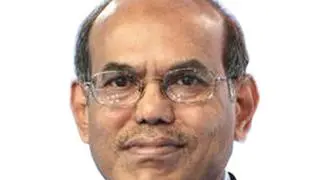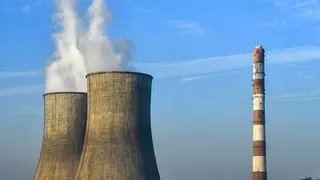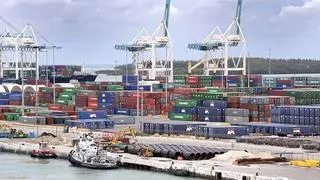The Union Cabinet today approved the Constitution Amendment Bill to pave the way for implementation of Goods and Services Tax, a new indirect tax regime that will subsume various levies such as excise and service tax.
According to sources, the Cabinet has cleared the Bill but there are certain changes which the Law Ministry has been asked to do. Now, the Government would push to table it in Parliament.
It has been approved. We will try to introduce it in Parliament,” a Minister said.
The Finance Ministry has worked on the final draft Amendment Bill, the fourth since the discussions on the new tax regime started. Earlier, the first three drafts prepared by the Centre were rejected by the states citing autonomy issues.
The fourth draft, a hybrid of the second and third draft, has proposed that the GST council for taking decisions on all important matters will be formed through a presidential order.
In addition, the composition of the GST Dispute Resolution Authority, proposed to be a part of the Constitution Amendment, will be decided by Parliament. Furthermore, petroleum, natural gas, diesel and ATF have been kept out of the GST ambit in the final draft.
Last year, a draft Constitution Bill proposed by the Centre to the states had suggested a council chaired by the Union Finance Minister, with states as members, to make changes in GST.
The states, especially NDA-ruled ones, had raised objections to the proposal, saying it would give veto power to the Union Finance Minister over state taxation issues.
The Centre subsequently provided another draft to states, suggesting that changes in GST could be made only if there was a consensus on those issues in the council. However, some state finance ministers did not agree to even this suggestion.
Taking into consideration the states’ concerns, the Finance Ministry had floated a third draft on the GST Constitution Amendment Bill.
The new draft proposes to create a GST Council through an Act of Parliament, instead of a presidential order, as proposed in the previous draft. The Centre had also dropped any reference to the Union Finance Minister heading the GST Council.
After missing the original April 2010 deadline for GST rollout, the Government proposed to introduce it in April 2011. But it is all set to miss this deadline too. According to the Revenue Secretary, Mr Sunil Mitra, it may be difficult to implement GST from April 1, 2012, too.
The GST will subsume indirect taxes such as excise duty and service tax at the central level and VAT on the states front, besides local levies.







Comments
Comments have to be in English, and in full sentences. They cannot be abusive or personal. Please abide by our community guidelines for posting your comments.
We have migrated to a new commenting platform. If you are already a registered user of TheHindu Businessline and logged in, you may continue to engage with our articles. If you do not have an account please register and login to post comments. Users can access their older comments by logging into their accounts on Vuukle.